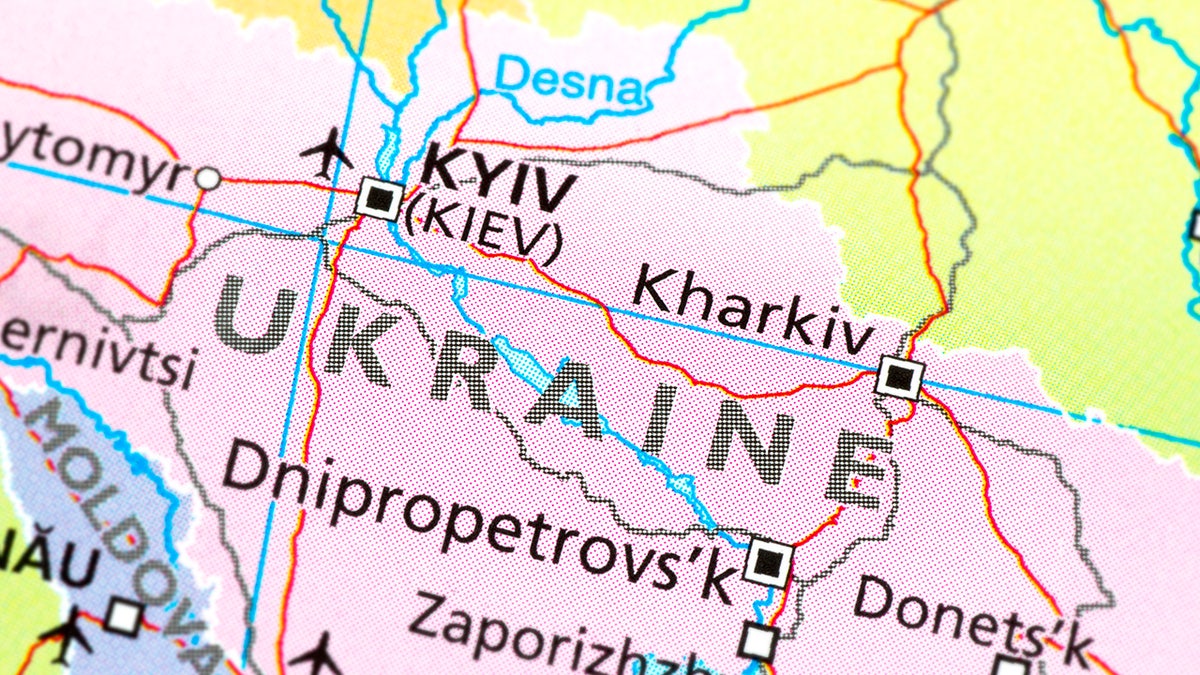Russian attack on Kyiv could be 'quite devastating': Gen. Keane
Gen. Jack Keane shares his military outlook on warfare in Eastern Europe.
Over the weekend, Russian troops launched an assault on Kharkiv, Ukraine's second-largest city, which was repelled in a counteroffensive, Ukrainian officials said Sunday.
The city was still in Ukrainian hands after shelling that sent thousands into underground shelters and as battles raged on the street. As Russian troops continue to try and capture the Ukrainian capital of Kyiv, other assaults are happening on several fronts.
Officials have said Russian forces are firing indiscriminately on civilian areas in Kharkiv, which has seen some of the most fierce fighting since the unprovoked invasion began last week. The attack on civilian targets represents an escalation of Russian aggression.
"Dozens of dead and hundreds of wounded! This horror must be seen by the whole world! Death to the occupiers!" Anton Gerashchenko, adviser to the Minister of Internal Affairs of Ukraine, wrote on his Facebook page.
Russia briefly took control of the city on Sunday before it was taken back hours later. Despite the onslaught, big cities remain under Ukrainian control, officials said.
Kharkiv matters because of its significance. The city has a population of nearly 1.5 million people and is located in the country's northeast, around 20 miles from its northern border with Russia, making it the largest of Ukraine's cities near that nation.
The city is also a central piece to Russia's strategy to defeat Ukraine as it faces unanticipated resistance in trying to capture Kyiv.

A map of Kharkiv and Kyiv in Ukraine. Kharkiv, the second-largest city, has seen some of the most intense fighting since Russian troops invaded Ukraine last week. (iStock)
"The longer this thing goes, the worse it is for them," Dan Hoffman, a former CIA senior officer and station chief, told Fox News. "It's an intelligence failure on their part. That's an intelligence failure that (Russian President Vladimir) Putin didn't have that all figured out. He comes from an intelligence background, so he should have known all this stuff."
Kharkiv was founded in 1654 and has become a large industrial, scientific, educational and transpiration hub.
Historically, Kharkiv was the Ukrainian capital from 1920 to 1934, when Ukraine first became was part of the Soviet Union, before it was moved to Kyiv. In World War II, it changed hands between Soviet and Nazi German forces several times and suffered heavy destruction.
Culturally, it has strong ties to Russia. Many residents speak Russian and travel back and forth between both nations is common.
In 2014, when demonstrators help oust pro-Russian President Viktor Yanukovych, Kharkiv became a key point for opponents of the new government in an effort to restore him to power. Yanukovych eventually fled to the city where he held a wider base.
His pro-Russia supporters, at one point, stormed the City Hall and briefly took it over.
CLICK HERE TO GET THE FOX NEWS APP
Currently, Kharkiv is a major transpiration hub and is home to more than 60 universities, according to Eurocities. In addition, the city manufactures diesel locomotives, machine tools and electronics.










































